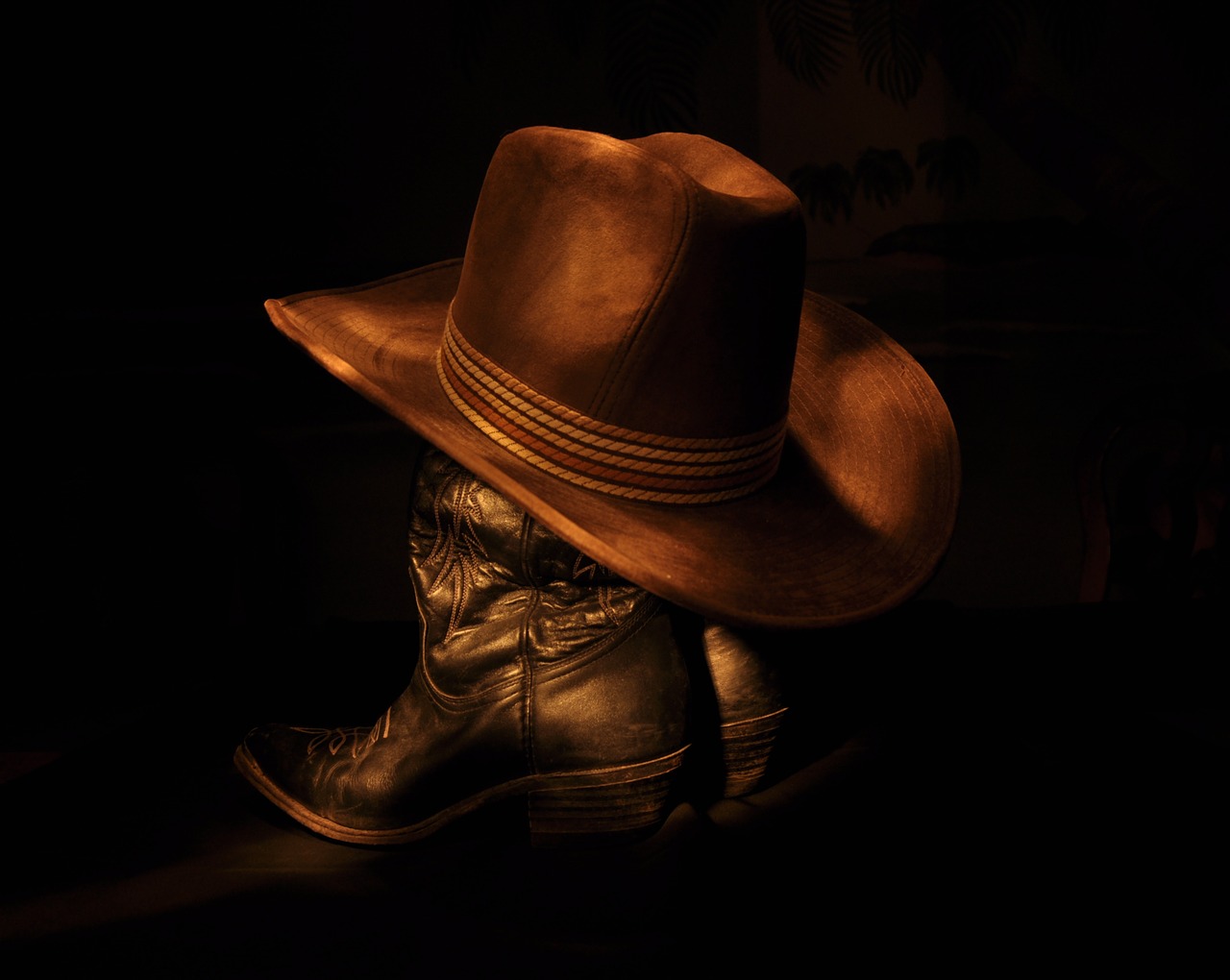Rating: ⭐⭐⭐⭐⭐
Black cowboys fighting urban gentrification; a father repairing his relationship with his son and a parable of both gun violence and black ontology. (Can you really think of a better way to spend an evening?!)
Like practically everybody else in the country, when faced with a bank holiday Monday in lockdown, I turned to Netflix for entertainment and emotional support. As I continued to perfect my newfound skill of idly flitting between films, it was only natural that Concrete Cowboy was my first choice. In part, because I am an Idris Elba and Caleb McLaughlin stan and if I still had a soul, I would absolutely sell it to be best friends with Lil Nas X . So, this film checked all my boxes and then some!
This film offers so much more than an existential crisis about how fast the Stranger Things’ kids are growing up, it cannot be described as anything less than a triumph. I am completely blown away by how this film managed to address so many complex themes: blame, fatherhood, the erasure of black history, inescapability of fate, grief, identity and so many more; without for a moment being pretentious, alienating or gratuitously depressing. In all sincerity, it was a magical journey where there was not a single moment that was out of place. Both the story and the cinematography were beautiful, majestic, and truly captivating.
Having acted out at school and being threatened with expulsion, Cole (Caleb McLaughlin) is sent, as a last resort, by his mother to live for the summer with his estranged father, Harp (Idris Elba). When he arrives, he experiences a massive culture shock: there is a horse in the living room and almost no food in the fridge. This is just the beginning of tensions between father and son; Harp spends pretty much his whole day riding horses with his friends. Another source of tension is that Cole splits his time between his father and his father’s friends; and his childhood friend and cousin Smush, who appears to be a good-natured, well-meaning, and ambitious but is in reality a lonely drug dealer. Through a series of cinematically beautiful but heart-breaking events, we watch these characters unravel tragically.
There are so many powerful moments in the film but the moment that keeps replaying in my head is when Cole’s father’s friends explain that black cowboys are an integral part of US history that has been erased from the popular narrative. If I am honest, I spent most of the film thinking that it must be some sort of Hamilton style racial reimagining for the purposes of social commentary, rather than a portrayal of real events, but the ending confirmed it as factual, which left me truly astonished.
Another scene which is very affecting is when Harp explains to Cole the meaning of his name, after the jazz musician John Coltrane. He explains how this was a symbol of hope for him, and how and why this was the only concrete thing he was able to give him at the time. This was one of the most intimate moments of the film, but it is also one framed by stunning cinematography – with a Coltrane song echoing through Harp’s dimly lit dwelling which leads to an almost spiritual kind of peacefulness, juxtaposing with the fiery turmoil of their relationship.
Concrete Cowboy does not just discuss the difficulty of interpersonal relationships but it also tactfully delves into race relations. The only black policeman we see in the film admits that he had made sure he was on duty to make sure that no one got shot by trigger happy officers. Here, we scratch on the duality that he seems to feel as both a policeman and a black man, yet another heart-breaking and subtle critique of the state of race relations.
Concrete Cowboy is an enchanting symphony of heartbreak, hopelessness, and redemption through family bonds. At its heart, the film is a parental love story about Cole and Harp, and it is through this repairing of their relationship that Cole appears to escape the fate of reliving his father’s life. The ending demonstrates that at some point in the film Cole and Harp stopped being tragic heroes and simply became heroes. Concrete Cowboy joins an exceptionally short list of films that I will still be thinking about almost every day, for months, if not years, to come. It has certainly had a profound effect on me (not only because it is the only time that I have ever regretted patching the obligatory horse girl phase) and has contributed to shaping my black consciousness in a way few films have ever managed to. Important, timely and potentially a classic, my only advice is that if you watch Concrete Cowboy, please make sure your mascara is waterproof, because I learned the hard way!
Image: Pixabay

